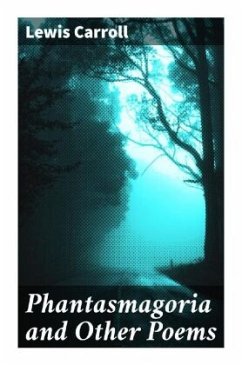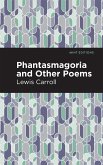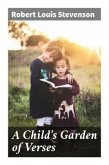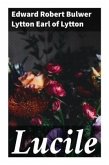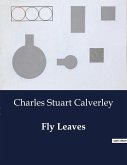In "Phantasmagoria and Other Poems," Lewis Carroll explores the realms of imagination and the nonsensical through a collection of whimsical verses that challenge the boundaries of logic and reality. This anthology features notable pieces like the eponymous poem "Phantasmagoria," a playful yet eerie exploration of dreams and nightmares that reflects the Victorian fascination with the supernatural. Carroll's signature literary style, characterized by clever wordplay, vivid imagery, and fantastical narratives, invites readers into a dreamlike world where absurdity reigns. The collection resonates with the broader literary context of the time, merging fantasy and moral fables amidst a backdrop of shifting social norms and scientific inquiry. Lewis Carroll, the pen name of Charles Lutwidge Dodgson, was a mathematician and logician whose affinity for children and mastery of language informed his literary creations. His unique perspective on childhood and imagination is deeply rooted inhis own experiences, as he often engaged with children through storytelling and exploration of fantastical themes. Carroll's intertwining of logic with fantasy not only speaks to his professional background but also captures his desire to challenge the expectations of both children and adults. "Phantasmagoria and Other Poems" is a delightful invitation for readers of all ages to immerse themselves in a world where the dreamlike and absurd coalesce. It stimulates the imagination while prompting introspection about the nature of reality and perception. This collection is a must-read for those who appreciate the intricate dance of logic and fantasy in literature, making it an essential addition to any literary library.
Bitte wählen Sie Ihr Anliegen aus.
Rechnungen
Retourenschein anfordern
Bestellstatus
Storno

